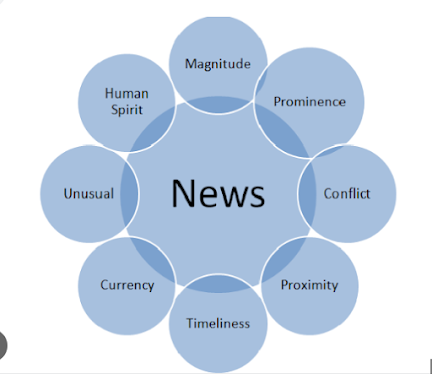USE THE SPACES BEING CREATED IN THE MEDIA
Increasingly, the media is covering research and in many ways contributing to moving research into the public domain. Researchers are a source of news that often fails to make it to the news agenda and researchers should begin to explore opportunities for mutually beneficial relationships with the media, where media plays the role of conduit of research findings to influence policy.
Over the years, some media organisations have invested in building the capacity of their journalists to report competently on research as well as policy making processes. News agencies such as the Inter Press Service (www.ipsnews.net) have been training its southern journalists for many years to understand issues such as budget expenditure, aid effectiveness, and pro-poor governance. Through such initiatives they continue to provide in-depth reports as well as expert analysis to a diverse audience that includes policy makers at the United Nations, the European Union, and regional economic blocs, government officials, parliamentarians and many other decision-makers through its Terraviva newsletters.
The overwhelming response to such online newsletters demonstrates the huge interest and a clear niche for researchers to begin to plug knowledge from their work into different policy making and knowledge networks at national, regional, and international levels. Researchers should embrace such opportunities and step up efforts to create media for different interest groups to contribute to their country’s equitable development.
WHAT CAN RESEARCHERS DO TO CREATE MEDIA
1. Understand your audiences
As a first step, researchers need to identify and profile audiences that will benefit from their work. Because of the nature of research work, the mandate of researchers and the financial constraints faced by the majority of economic research institutions, researchers cannot always actively participate in policy making processes.
But they can contribute significantly by feeding information through intermediaries such as:
- Economic and policy activist networks;
- Civil society organizations;
- Networks of business and financial journalists;
- Journalist networks at national and regional levels. In undertaking this exercise, it is critical to understand as much as possible:
- The audience’s information needs;
- How they access information, what are their preferences?
- Timing -- how often and when should the information get to them so that it remains relevant for their work?
- To whom the information will be targeted. While knowledge is important for many and the temptation to cast information to a wide audience is great, in order to influence policy, it is crucial that the right information reaches the right people who have the power to use it to make a difference.
2. Use ICT (Information and Communication Technologies)
Researchers should embrace opportunities offered by Information and Communication technologies.
- Write blogs – these are a good way of sharing information especially expert analysis and knowledge on a particular topic. Identify individuals and organizations, especially those mandated with researching and drafting policies, and encourage them to follow your blogs. The incentive in putting together blogs is that if consistently done well, publishers are beginning to publish blogs into books.
- Social networking (Facebook, Twitter) offers immense opportunities. Explore these networks and find out what others are doing with them. In order to have impact, invest in raising awareness about the page, and keep it fresh with relevant updates otherwise people easily lose interest. Such pages can also be used as a platform for dialogue on specific issues, provide an instant form of person-to-person news alerts that could potentially influence the news agenda.
- Online newsletters – Produce specialist newsletters and share with policy makers for example, parliamentarians, parliamentary committees, focal points in government ministries.
3. Produce Supplements
Supplements are carried in mainstream newspapers and are usually sponsored by organisations that have an interest in putting their issues in the public domain. Supplements are an excellent way of communicating research, and as the sponsor you have control over copy and advertising.
4. Repackage
Repackage information in ways that are accessible to policy makers and media. Where resources permit, researchers should pick out information that is crucial for policy makers and media. For example:
- Trends analysis;
- State of the economy;
- Cost benefit analysis of specific policies;
- Relate state of economy to national development agenda, for example, what this means in terms of poverty, will poverty increase? Reduce? Will the country meet its MDG targets?
- Relating information to people’s everyday realities makes information more readily usable.
5. Write opinion and commentary pieces (see Writing for the Media Handout)
6. Write letters to the editor to make research information relevant to national context and debates

